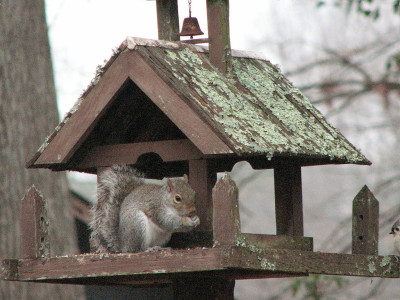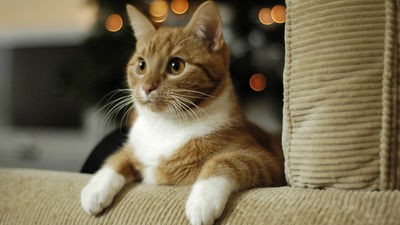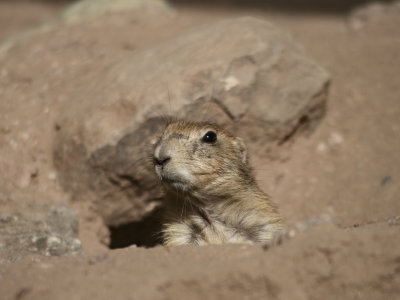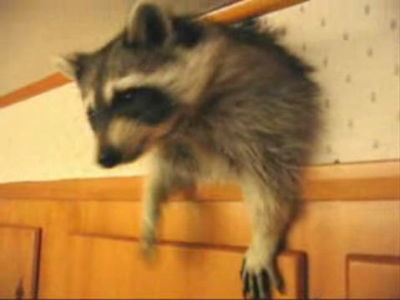Do mice really like cheese? Is there anything you love more than cheese?

``Cheese-loving mice'' are drawn in animation and manga, including
Do mice really like cheese?
https://www.livescience.com/do-mice-really-like-cheese
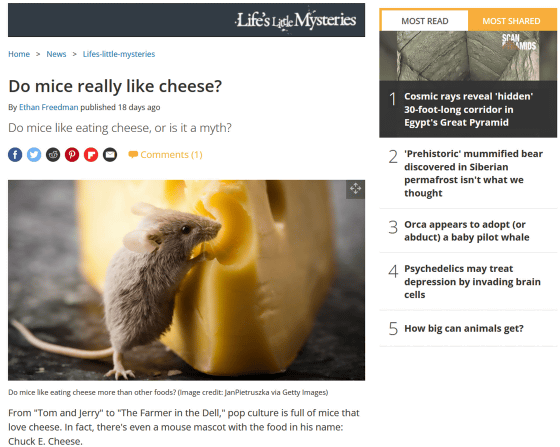
Before thinking about the question 'Do mice really like cheese?', it is necessary to know that there are various types of mice in the first place. There are various species in the Rodentia , such as the genus Apodemus and the genus Mus musculus , but the most familiar to humans is the Mus musculus , which also lives around houses.
According to Megan Phifer-Rixey , who studies evolutionary biology at Drexel University in the United States, mice probably evolved in Central Asia or South Asia. Mus musculus has spread all over the world by piggybacking on human movement, but it seems that there is no particular picky taste when it comes to food.

Mice will eat basically anything nearby, including grains, insects, garbage, and even cheese. However, Phifer-Rixey points out that it is a different story whether it is a mouse's favorite because it is eaten without problems, and cheese is not a mouse's favorite.
Peanut butter is thought to be a mouse's favorite food instead of cheese. ``Mouses have an excellent sense of smell, and peanut butter smells pretty strong,'' said Phifer-Rixey, who is also attractive to mice because they are rich in protein and fat.
In fact, peanut butter is recommended by many rodent exterminators and experts as a rodent bait. Phifer-Rixey says that peanut butter mixed with oats gives the trap just the right amount without being too sticky.

Although there is no evidence that mice like cheese, the image that 'mouse likes cheese' is spreading all over the world. There is no exact answer to this question, but one hypothesis is that 'cheese was often left on shelves rather than stored in jars or hung from the ceiling like other foods, so rats were easily seen eating cheese.'
It is unknown when humans began to think that mice liked cheese, but
Now a mouse eats its cheese; therefore, a syllable eats cheese… Without a doubt, I must beware, or some day I shall be catching syllables in a mousetrap or, if I grow careless, a book may Devour my cheese! Unless, perhaps, the following syllogism is shrewder still: Mouse is a syllable.
英文:'Rat' is a syllable. Mice eat cheese. So syllables eat cheese. Definitely I have to be careful. Otherwise I'll one day catch a syllable with a mousetrap, and a book might eat up my cheese if I'm not careful! Or there might be a sly syllogism that says 'a mouse is a syllable': Mouse is a syllable. Syllables don't eat cheese. Rats don't eat cheese.
From this sentence about the error of the syllogism, it can be seen that the Romans at that time already thought that 'rats eat cheese'. According to Live Science, 'So, the story of mice and cheese has been around everywhere, from ancient Roman squares to modern-day American rat games, wherever mice, humans, and cheese coexist. It's possible,' he said.

Related Posts:
in Creature, Posted by log1h_ik
